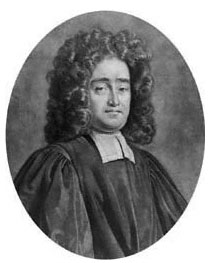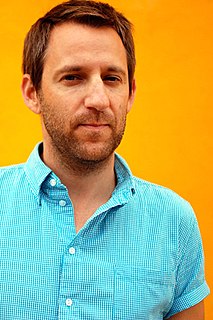A Quote by Jeremy Collier
He that would relish success to a purpose should keep his passions cool, and his expectations low; and then it is possible that his fortune might exceed his fancy; for an advantage always rises by surprise; and is almost always doubled by being unlooked for.
Related Quotes
He had uttered a mad wish that he himself might remain untarnished, and the face on the canvas bear the burden of his passions and his sins; that the painted image might be seared with the lines of suffering and thought, and that he might keep all the delicate bloom and loveliness of his then just conscious boyhood.
The student who would build his knowledge on solid foundations, and proceed by just degrees to the pinnacles of truth, is directed by the great philosopher of France to begin by doubting of his own existence. In like manner, whoever would complete any arduous and intricate enterprise, should, as soon as his imagination can cool after the first blaze of hope, place before his own eyes every possible embarrassment that may retard or defeat him. He should first question the probability of success, and then endeavour to remove the objections that he has raised.
I looked him in the eye, "I will always love you." Then plunged the stake into his chest. It wasn't as precise a blow as I would have liked, not with the skilled way he was dodging. I struggled to get the stake in deep enough to his heart, unsure if I could do it from this angle. Then, his struggles stopped. His eyes stared at me, stunned, and his lips parted, almost into a smile, albeit a grisly and pained one. "That's what I was supposed to say..." he gasped out.
We must never put our dreams of success as God's purpose for us; His purpose may be exactly the opposite. His purpose is that I depend on HIM and in HIS power NOW. His end is the process. It is the process, not the end, which is glorifying to God....His purpose is for this minute, not for something in the future. We have nothing to do with the 'afterwards' of obedience. If we have a further end in view, we do not pay sufficient attention to the immediate present; if we realize that obedience is the end, then each moment as it comes is precious.
Nothing is so insufferable to man as to be completely at rest, without passions, without business, without diversion, without study. He then feels his nothingness, his forlornness, his insufficiency, his dependence, his weakness, his emptiness. There will immediately arise from the depth of his heart weariness, gloom, sadness, fretfulness, vexation, despair.
The question that faces every man born into this world is not what should be his purpose, which he should set about to achieve, but just what to do with life? The answer, that he should order his life so that he can find the greatest happiness in it, is more a practical question, similar to that of how a man should spend his weekend, then a metaphysical proposition as to what is the mystic purpose of his life in the scheme of the universe.
Strange is the vigour in a brave man's soul. The strength of his spirit and his irresistible power, the greatness of his heart and the height of his condition, his mighty confidence and contempt of danger, his true security and repose in himself, his liberty to dare and do what he pleaseth, his alacrity in the midst of fears, his invincible temper, are advantages which make him master of fortune.
The master in the art of living makes little distinction between his work and his play, his labor and his leisure, his mind and his body, his information and his recreation, his love and his religion. He hardly knows which is which. He simply pursues his vision of excellence at whatever he does, leaving others to decide whether he is working or playing. To him he's always doing both.






































